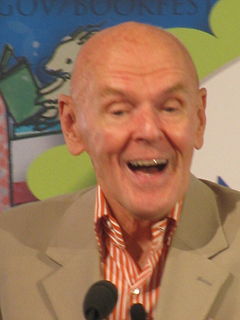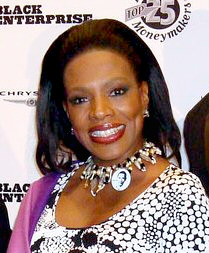A Quote by Masiela Lusha
While some mothers sing lullabies to their children, my mother read me poetry. And to this day, I associate my strongest and most insistent feelings with words lyrically organized on a page.
Related Quotes
Mother, I am young. Mother, I am just eighteen. I am strong. I will work hard, Mother. But I do not want this child to grow up just to work hard. What must I do, mother, what must I do to make a different world for her? How do I start?" "The secret lies in the reading and the writing. You are able to read. Every day you must read one page from some good book to your child. Every day this must be until the child learns to read. Then she must read every day, I know this is the secret
Like most lit nerds, I'm a voracious reader. I never got enough poetry under my belt growing up but I do read it - some of my favorites, Gina Franco and Angela Shaw and Cornelius Eady and Kevin Young, remind me daily that unless the words sing and dance, what's the use of putting them down on paper.
We do have to learn poetry at school. Poetry is interesting to me, particularly Chinese poetry. It's like an ancient form of song. There's five sentences, seven sentences - they're very different from English poetry. Chinese poetry is much more rigorous. You can only use this many words, and they will form some kind of rhythm so people can actually sing it. To me, poetry is quite abstract but also quite beautiful.
Look at children. Of course they may quarrel, but generally speaking they do not harbor ill feelings as much or as long as adults do. Most adults have the advantage of education over children, but what is the use of an education if they show a big smile while hiding negative feelings deep inside? Children don?t usually act in such a manner. If they feel angry with someone, they express it, and then it is finished. They can still play with that person the following day.
As for the differences between audio and the printed page, the sonic aspects of poetry are important to me. I read my poems aloud to myself as I'm composing them. And I enjoy reading to an audience. I think people get tone more easily when they hear a writer read her work. Some people have told me they hear more humor in my poems at a live reading than when they see them on the page. I think that may be a matter of pacing. On the other hand, I've listened to a lot of poetry readings and I know how much you can miss. If you stop to really register one line, you miss the next three or so.
If it bothers me on the page, I don't do it. If it attracts me on the page and moves me, makes me think a bit, makes me laugh, makes me cry, I'm interested in it. If it's there on the page, it means it's there and up to me to bring it out. I have done some films along the way that have been screwed up and not as good as they read. Some films that are not that good on the page turn into good movies. So I'm fallible is what I'm saying.
Read to your children Twenty minutes a day; You have the time, And so do they. Read while the laundry is in the machine; Read while the dinner cooks; Tuck a child in the crook of your arm And reach for the library books. Hide the remote, Let the computer games cool, For one day your children will be off to school; Remedial? Gifted? You have the choice; Let them hear their first tales In the sound of your voice. Read in the morning; Read over noon; Read by the light of Goodnight Moon. Turn the pages together, Sitting close as you'll fit, Till a small voice beside you says, "Hey, don't quit.




































